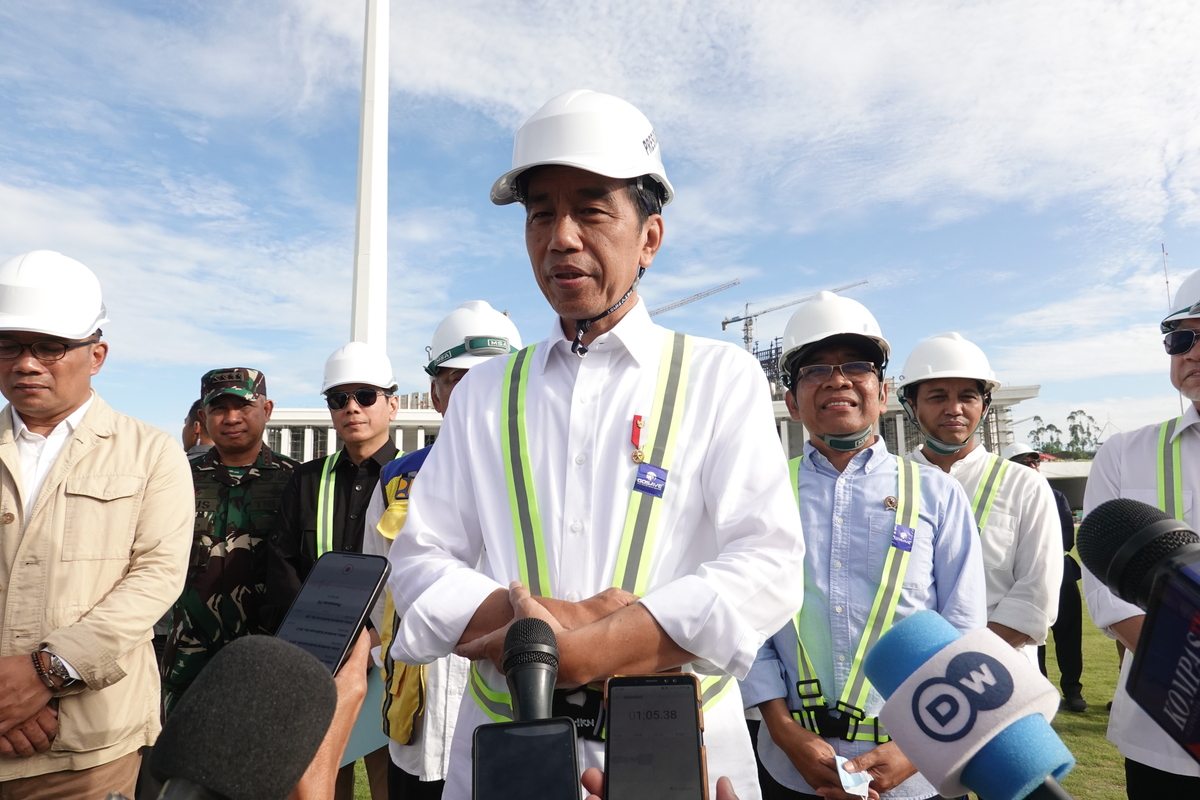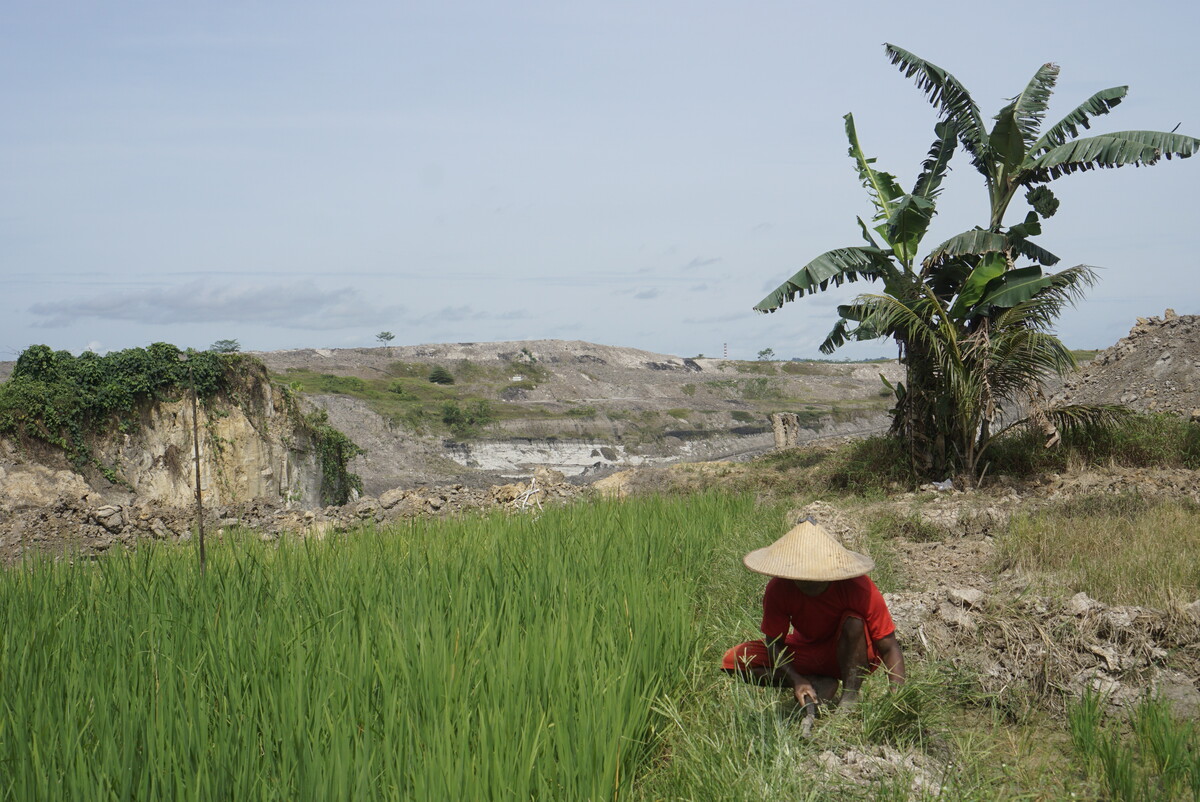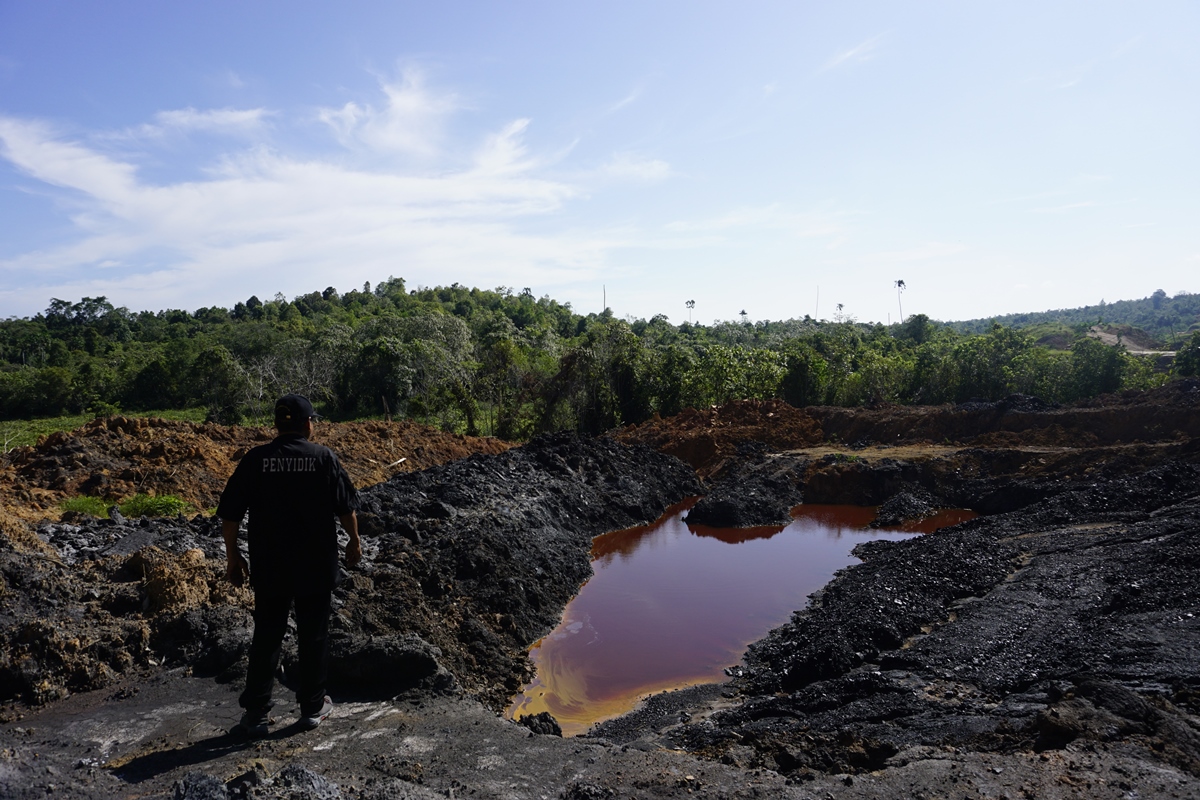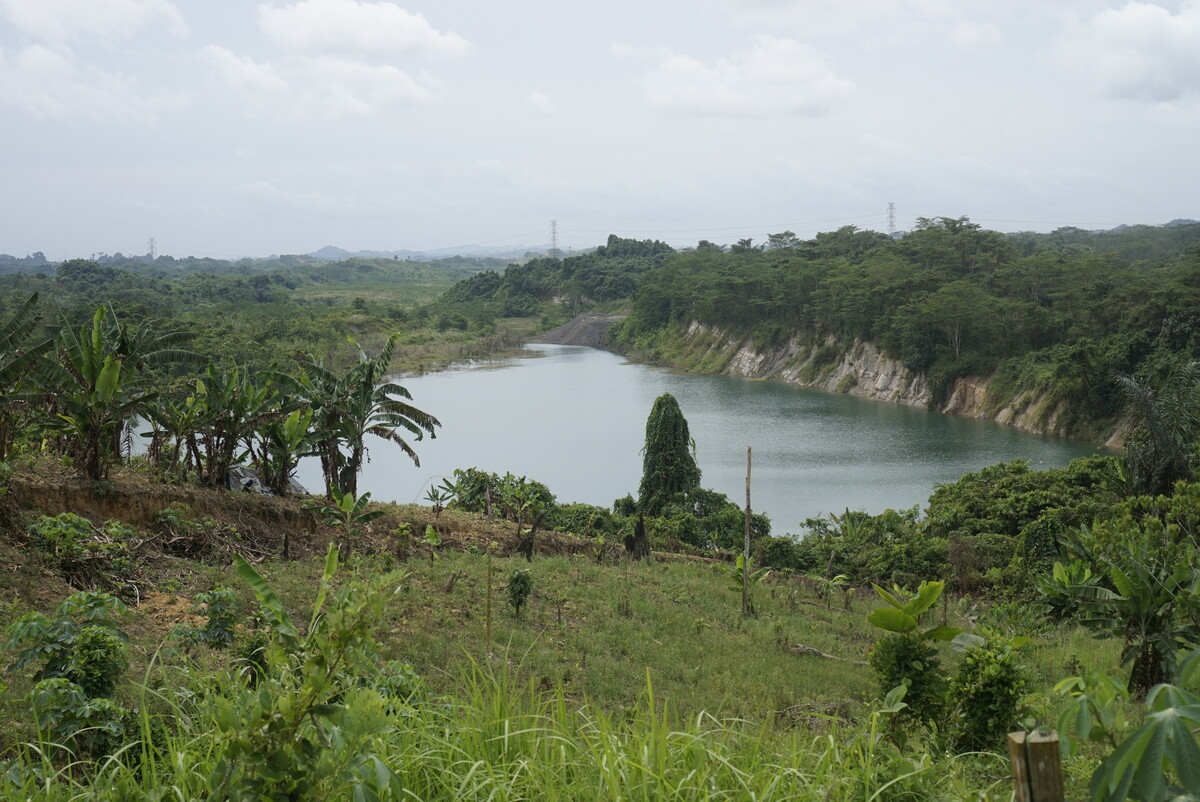NUSANTARA, KOMPAS – President Joko Widodo has responded to the business entities owned by social organizations or mass organizations as recipients of mining permit offers. Jokowi mentioned that the existing requirements are very strict. Criticisms continue to be raised about the regulation.
“What is given is, once again, business entities in mass organizations. “The requirements are also very strict,” said Jokowi during a visit to The Capital City of the Archipelago, Wednesday (5/6/2024).
That was President Jokowi’s response when asked about Government Regulation Number 25 of 2024 regarding Amendments to Government Regulation Number 96 of 2021 concerning the Implementation of Coal Mineral Mining Activities. Article 83A states that special mining business licenses (WIUPK) can be offered preferentially to business entities owned by religious organizations.
WIUPK, according to Jokowi, can be given to cooperatives or companies that are affiliated with organizations. He emphasized that it is not the organization itself that receives priority offers.

Based on Article 83A Paragraph (2), WIUPK that can be managed by religious organization business entities is a coal mining area that has previously operated or produced.
Since 2022, the government will evaluate mining business permits granted to the private sector. As a result, the government found 2,078 mining business permits which were deemed not to have implemented work plans properly. This is the business permit that religious organizations can work on (Kompas, 4/6/2024).
Criticism of the regulation has come from many parties, one of which is the Publish What You Pay (PWYP) Indonesia Coalition consisting of 29 civil society organizations. They are asking President Jokowi to repeal Regulation Number 25 of 2024.
National Coordinator of PWYP Indonesia, Aryanto Nugroho, stated that the provisions in Government Regulation No. 25 of 2024 contradict Law No. 3 of 2020 concerning Amendments to Law No. 4 of 2009 concerning Mineral and Coal Mining (Mining Law).

According to him, Article 83A of Government Regulation Number 25 of 2024 contradicts Article 75 Paragraph (2) and (3) of the Mineral and Coal Mining Law. Under the Mineral and Coal Mining Law, special mining business licenses (IUPK) are prioritized for state-owned enterprises and regional-owned enterprises.
This is a clear violation of the Minerba Law.
In addition, Article 74 Paragraph (1) of the Mining Law stipulates that the granting of mining business permits must pay attention to the interests of the region. It emphasizes that there is no provision in the Mining Law that mandates the government to prioritize granting mining business permits to organizations.
“This is a clear violation of the Minerba Law,” said Aryanto.
Aryanto stated that there are many risks in implementing Regulation Number 25 of 2024. These risks include the mechanism of WIUPK auctions, technical mining risks, environmental risks, potential horizontal conflicts, conflicts of interest risks, and even corruption risks.

“This will set a precedent for the government to distribute projects (based on priority) to social organizations in other sectors, such as infrastructure, even if it violates the law,” said Aryanto.
Coordinator of Working Group 30 East Kalimantan Buyung Marajo said that the revocation of thousands of mining permits should be a momentum for the government to focus on improving governance, especially in the coal sector.
One member of the PWYP Indonesia coalition stated that based on records from the Mining Advocacy Network (Jatam), satellite image analysis shows there are 3,033 abandoned mine pits throughout Indonesia.
Of that number, 1,735 of them are coal mining pits in East Kalimantan Province. Around 250,000 hectares of land in East Kalimantan has been designated as the location for the capital of the archipelago (IKN). The holes, said Buyung, resemble lakes that cover tens of hectares.

However, referring to the data from the East Kalimantan Energy and Mineral Resources Agency, in 2018 there were 539 abandoned mine pits throughout the Kaltim region. Most of the abandoned mine pits are located in Kutai Kartanegara Regency (264 abandoned mine pits) and Samarinda City (130 abandoned mine pits).
It is better to resolve the problems of poor mining governance first instead of offering WIUPK to religious mass organizations.
Jatam Kaltim noted that 47 lives of citizens were lost due to drowning in abandoned coal mining pits that were not rehabilitated. This occurred between 2011 and 2024.
Buyung stated that many mining holes in Kalimantan Timur are a result of the Coal Mining Concession Working Agreement (PKP2B), an agreement between the government and mining companies.
“It is better to resolve the problems of poor mining governance first instead of offering WIUPK to religious mass organizations,” said Buyung.

He is concerned that the priority offer of WIUPK from the former PKP2B to religious organizations could trigger conflicts in the communities around the mines, especially in East Kalimantan. According to Buyung, some indigenous communities are vulnerable to the impacts of coal mining activities.
“This is what the government must pay attention to, not just handing out concessions,” said Buyung.
Source: Kompas